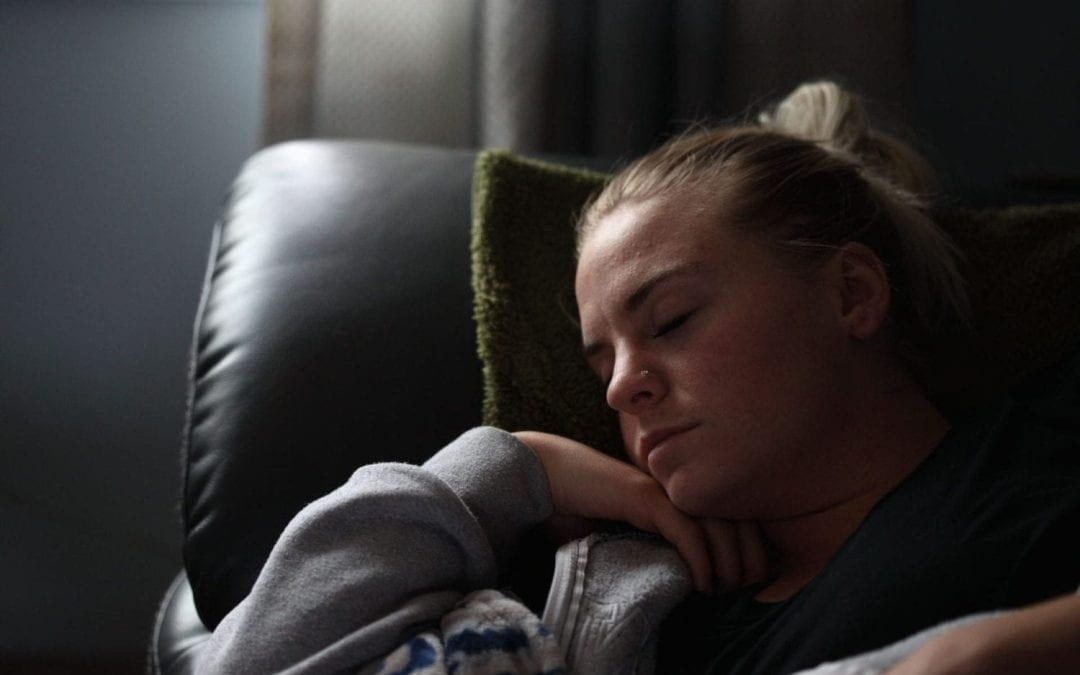Members of the School Start Time Study Advisory Group: Sleep-In to Stay Well
Members: Charmaine Barber, Sarah Hetrick, Liza Edmonds, Rachael W Taylor, Mohamed Alansari, Leigh Signal, Jillian Haszard, Jacinta Oldehaver, Barbara Galland.
Sarah Hetrick and Racheal Taylor are a part of the A Better Start team.
We need to talk about sleep and adolescent health in Aotearoa (New Zealand). Sleep is essential for survival as well as being vital for children’s health, wellbeing and development. It is well known that insufficient and poor-quality sleep is endemic in adolescents,1,2 to the detriment of their health and wellbeing, yet we have failed to prioritise the issue. As teenagers have less scope for optimising and controlling their sleep than adults, we urgently need novel ways of ensuring youth get the sleep they need. Furthermore, the detrimental effects that sleep issues have on health and wellbeing is more likely to be experienced by Māori. Therefore, ensuring sleep health equity in Aotearoa is paramount to address.3,4 Good sleep is a fundamental right and addresses Te Tiriti o Waitangi/Treaty of Waitangi obligations. Improving sleep in durable, community-centred ways is one way forwards to reduce health inequities, as it shifts the focus from sleep being an individual problem to a public health issue.
The problem with adolescents’ sleep
While insufficient sleep (defined as a sleep quantity inadequate to meet sleep needs) and poor-quality sleep (defined as disturbed sleep, which can include difficulty falling or staying asleep, sleep that is fragmented or the perception of not sleeping well, and includes sleep quantity as a component) promote poorer physical and mental wellbeing at any age, the unique developmental period of adolescence, marked by increased physical changes as well as independence and emergence of new social roles, presents distinct challenges. The ability for adolescents to obtain enough sleep each night is influenced by many factors, such as use of electronic devices and engagement with social media, after-school activity commitments, homework requirements7 and differing cultural sleep norms.8 In addition, dramatic changes in sleep biology are a hallmark of adolescence, whereby their chronotype (sleep timing preference) shifts to become more evening-based, and is a major factor in the argument for later school start times. Across the day, the pressure to sleep builds (termed sleep homeostasis); however, during adolescence that pressure increases more gradually, so that teens stay alert much later into the evening than adults.9 Further, during this developmental period, sleep and wake timing, primarily influenced by the 24-hour light-dark cycle, changes. There is a delay in the release of the “night” hormone melatonin that aids sleep onset.9 Prior to sleep onset, electronic device use is rife, providing stimulation and light exposure that also contributes to delayed sleep onset, and also feeding back to the processes that drive sleep and wake regulation.10 To aid morning waking, melatonin release is suppressed around 3 hours before waking. In adults, this is around 4 am, but in adolescents, this is not until about 7 am. In essence, this means that waking a teen at 7 am every day is similar to waking an adult at 4 am.11
Bedtimes become later with each passing year during adolescence.1 Later bedtimes mean adolescents need to wake later in the morning to obtain their full sleep quota, but school start times during the week prevent this. In turn, adolescents accumulate a sleep debt across the weekdays, recovering at the weekends and holidays with more opportunities for “catch-up” sleep in the mornings. However, it is becoming clear that these variable weekday–weekend patterns (also known as social jet lag) can be detrimental, with links to attention problems, depressive symptoms, poorer academic performance, higher risk of substance use, overweight/obesity, self-harm and suicidality.12 Therefore, later school start times not only accommodate the unique biological needs of all adolescents, they also have the potential to reduce social jet lag.
A stealth approach for sleep health equity
Later school start times are a “stealthy” way to improve the sleep health of our teens as a pathway towards better health and wellbeing for all. Due to teens’ changing sleep biology, the later years in the secondary education context provide an unparalleled opportunity to address sleep inequities, reaching adolescents from all ethnicities and socio-economic positions. Like many health issues in Aotearoa, there are inequities in sleep health across all age groups,2,3,13 and for adolescents, in the many health and developmental outcomes that are a consequence of both insufficient and poor-quality sleep….

